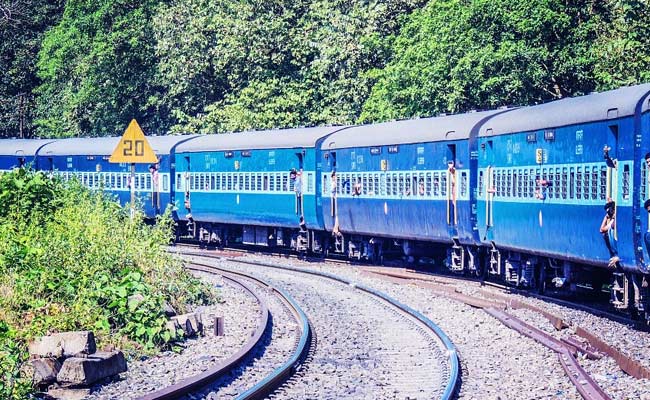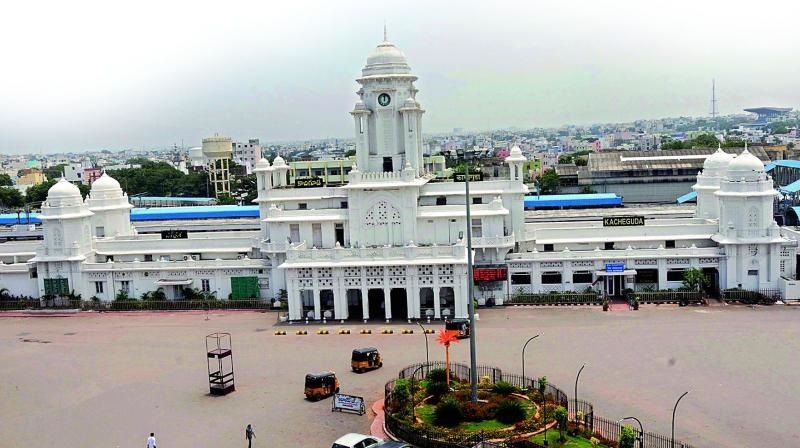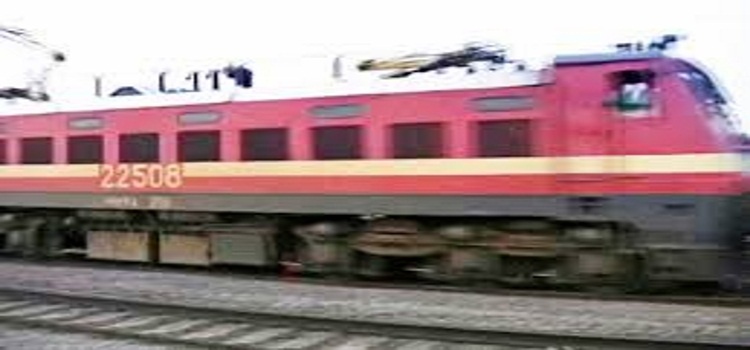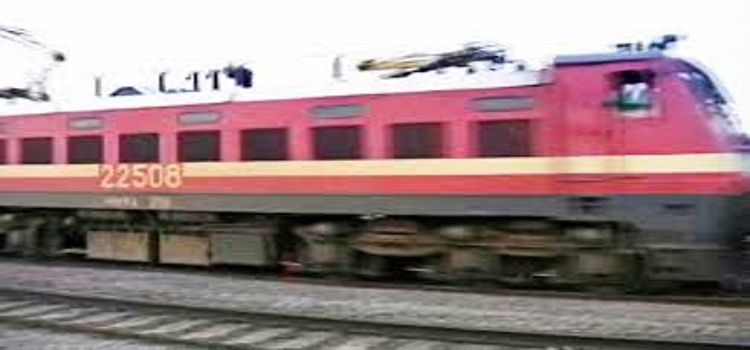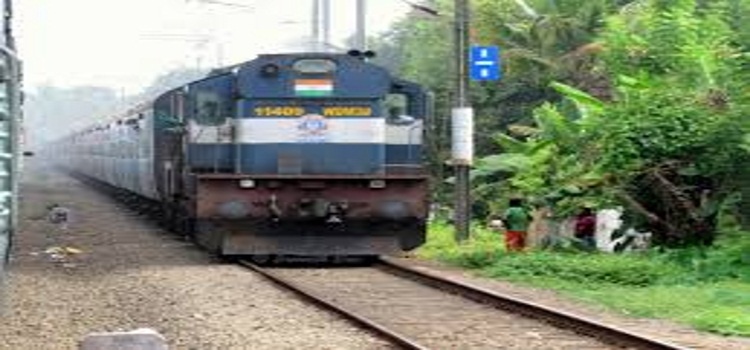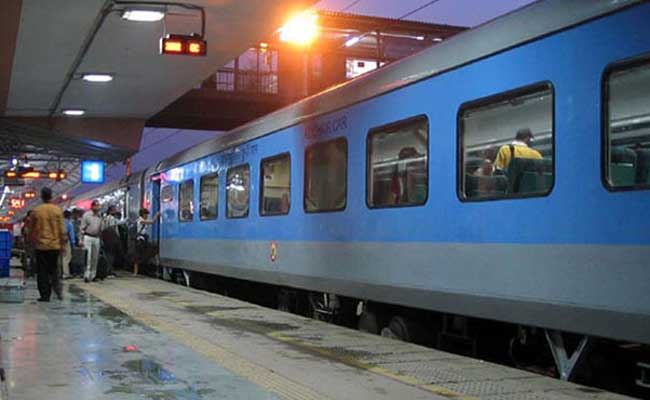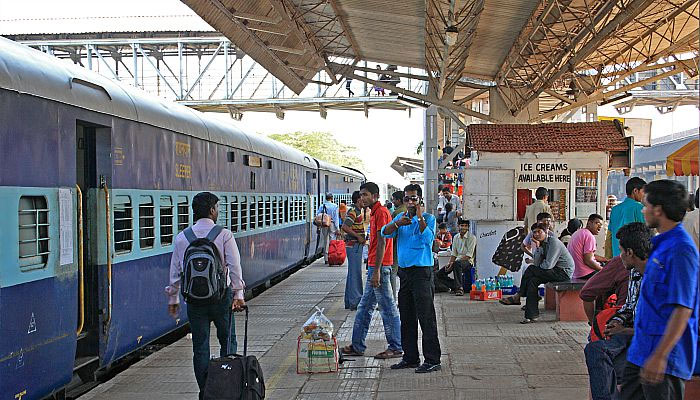
Stinking and non-functioning toilets on Indian Railways — one of the world`s largest rail networks — may soon become a thing of the past. The national transporter is upgrading its bio-toilets to imported bio-vacuum toilets — the kind found in aircraft — an official said. The first 100 coaches with the new toilets will be attached to important trains like Rajdhani and Shatabdi and would be rolled out from January 2018.
“These bio-vacuum toilets will be odour-free and cut down water usage by over one-20th,” he said.
The official also said that the Chennai-based Integral Coach Factory (ICF) will roll out the first 100 coaches fitted with bio-vacuum toilets and that these will be attached to premium trains like the Rajdhani and Shatabdi expresses.
Stinking and non-functioning toilets on Indian Railways — one of the world`s largest rail networks — may soon become a thing of the past. The national transporter is upgrading its bio-toilets to imported bio-vacuum toilets — the kind found in aircraft — an official said. The first 100 coaches with the new toilets will be attached to important trains like Rajdhani and Shatabdi and would be rolled out from January 2018.
“These bio-vacuum toilets will be odour-free and cut down water usage by over one-20th,” he said.
The official also said that the Chennai-based Integral Coach Factory (ICF) will roll out the first 100 coaches fitted with bio-vacuum toilets and that these will be attached to premium trains like the Rajdhani and Shatabdi expresses.
“The bio-vacuum toilet only requires about half a litre of water and all the waste is cleared through suction,” the official said, adding these had been tried out on a pilot basis in some trains.
The official said that the manufacturers of the bio-vacuum toilets have assured railways that the fabrication units would be set up in India.
Before the introduction of bio-toilets, lack of cleanliness on Indian trains, particularly in the toilets, was always a big issue. Until then, trains had no system to treat human waste, which was emptied on to the rail tracks.
In bio-toilets, human waste wasn`t supposed to be emptied on to the tracks but digested by anaerobic bacteria, which convert it into water and bio-gases that are released after disinfection. However, it was found that this hardly worked in practice.
The bio-toilets have been deployed in Indian trains over four years to 2017, at a cost of Rs 1,305 crore, but these are no better than septic tanks, IndiaSpend reported last week quoting a two-year-long study by the Indian Institute of Technology-Madras (IIT-M).
A staggering 93,537 “bio-digesters” — as the toilets are called –have been installed in mainline express and mail trains. However, sanitation experts and various studies — including those commissioned by the railways — have pointed out that most of the bio-toilets are ineffective or ill-maintained and the water discharged is no better than raw sewage.
Over 900 trains currently have bio-toilets either in some or all of their coaches.


